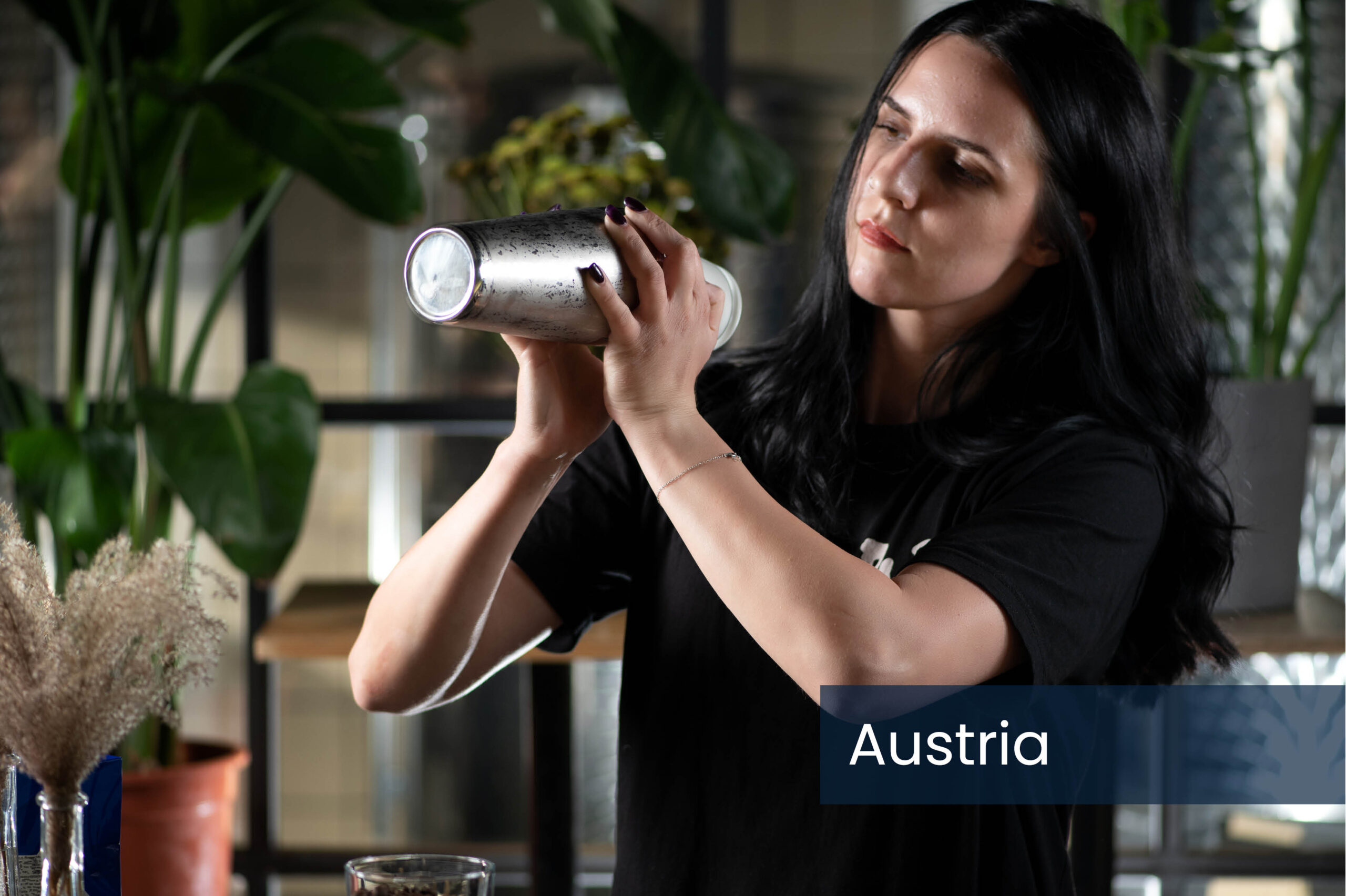
Drinks brands and suppliers must adapt to meet consumer expectations while pushing through economic pressures.
What are Austrian consumers’ attitudes towards sustainability, particularly in drink-led venues? And how do their behaviours and preferences inform actionable strategies for key industry players?
Sustainability matters – But it’s manageable
In CGA by NIQ’s REACH survey, more than half (56%) of Austrian consumers said sustainability is important to them when purchasing food and drinks in On Trade settings.
All the same, the trend remains stable rather than growing. Only 7% of the population indicated sustainability is more important to them now compared to the previous year, with millennials the same (7.1%) and even higher figures for Gen Z (10%). The number is slightly higher at 9% among weekly On Trade visitors. On the other hand, older generations place more emphasis on sustainability and local production, particularly in their food choices, while it’s less pronounced in terms of drinks.
It’s clear sustainability-conscious consumers represent a solid base. But this lack of exponential growth suggests drinks brands and suppliers need to maintain efforts to appeal to these customers without expecting a sudden burst of activity.
These combined factors signpost the likelihood of drink-led venues like cafés and bars attracting sustainability-conscious consumers above other outlet types. In turn, this makes coffee drinkers and bar-goers a valuable audience for promoting sustainable products and practices.
Transparency is key to engagement
Transparency around sourcing and sustainability practices is crucial for engaging consumers.
According to REACH, additional sourcing information is among the top five elements consumers want to see more of on menus. This indicates the compelling opportunity to build trust and brand loyalty with customers by clearly labelling sustainably produced drinks and highlighting ethical sourcing.
In addition, it serves the dual purpose of satisfying consumer demand while also positioning drinks brands and the venues serving them as leaders in ethical consumption.
Challenges and Opportunities
The upcoming price increase for recyclable glass bottles adds financial complexity to the sustainability discussion. It’s key to balance ethical practices with affordability, given an overall two thirds (62%) of weekly On Trade visitors view sustainability as important.
For all these reasons, it’s down to brands and industry stakeholders to ensure consumers perceive value in paying a premium for sustainable options. This calls for a refocus on quality, clear communication of the benefits, and creative ways to emphasise the positive impact of their choices.
Carmela Asinas, Client Solutions Manager, EMEA reflected: “Sustainability is a baseline expectation for many Austrian consumers, particularly in drink-led venues. Yet, the data shows the market is stable rather than surging. With upcoming price increases for recyclable glass bottles, the industry has a unique chance to educate consumers, demonstrate value, and lead the way in ethical consumption. So, it’s important to understand consumer priorities. And those who adapt strategically and quickly will build deeper connections with their audience.”
CGA’s REACH research delivers expert insights into consumers’ engagement with the On Premise in Austria and many more countries worldwide. Contact the CGA team to discover CGA by NIQ’s On Premise sales measurement and consumer insights can support winning brand strategies and opportunities across Austria.




